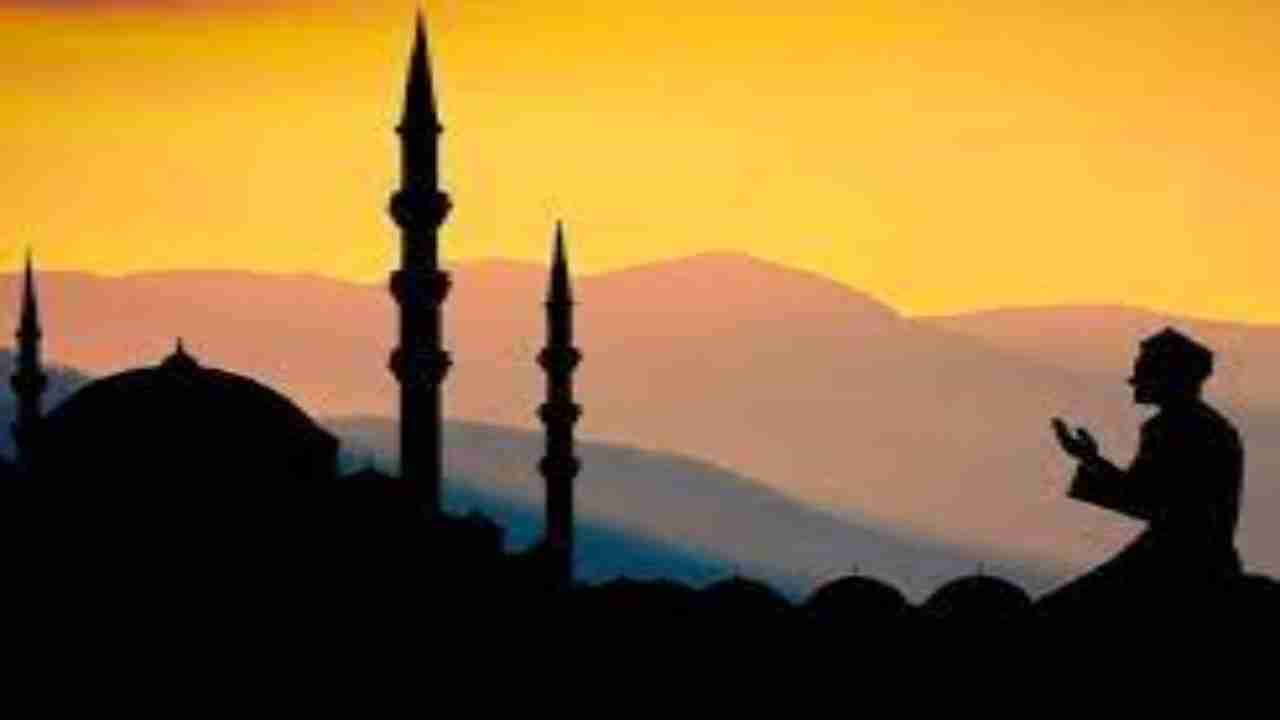Ramadan 2023: The auspicious month of Ramadan is the most sacred time for Muslims worldwide. In accordance with the Islamic calendar, devotees observe a month-long fast from sunrise to sunset, followed by a nightly feast. Everything concludes with the commemoration of Eid al-Fitr.
Ramadan 2023 Date
Muslims observe the Islamic calendar, which is determined by the phases of the moon. Ramadan will commence on March 22, 2023, when the moon is anticipated to be visible over Mecca.
The Eid-al-Fitr holiday will be celebrated on April 22 or 23 by devotees who will fast until April 21. People give each other and their children presents while spending time with their loved ones.
History & Significance of Ramadan
Ramadan is the month when the Quran, the Islamic holy text, was revealed. Muslims believe that it provided mankind with guidance, a clearly defined standard for right and wrong, and a distinct path to salvation.
The manuscripts of Abraham, the Torah, the Psalms, the Gospel, and the Quran are believed to have been transmitted on the first, sixth, twelfth, thirteenth (or eighteenth, according to some sources), and twenty-fourth Ramadans, respectively.
Muhammad (PBUH) contemplated in the cave of Hira near Mecca around 610 A.D. The deity Jibril visited him and revealed the first verses of the Quran. When Muhammad (PBUH) spread the Quran, he spread the word of Allah, the one and only God.
Ramadan signifies ‘burning heat’. The name of the sacred month is a tribute to the time of year when the holy book was first revealed to humanity. It is also celebrated to honor Sawm, the fourth pillar of Islam.
Fasting is Obligatory during Ramadan
As Ramadan is the holiest month for the entire Muslim Ummah, Muslims worldwide observe the fast from dawn until twilight throughout the entire month.
The meal consumed before Fajr is called Suhoor, while the meal eaten after sunset (Maghrib Salah) is called Iftar.
In the second year of the Hijri calendar, Ramadan fasting became obligatory for all adult Muslims. (Migration from Makkah to Madinah of Muslims).
Who is not required to fast?
Even though fasting during Ramadan is obligatory for all able-bodied Muslims, Allah has exempted and forgiven certain individuals who are unable to fast during Ramadan due to valid reasons. Sick individuals and travelers are exempt from Ramadan fasting. In addition, according to this Ayah and numerous scholars, the following individuals are exempt from fasting:


















